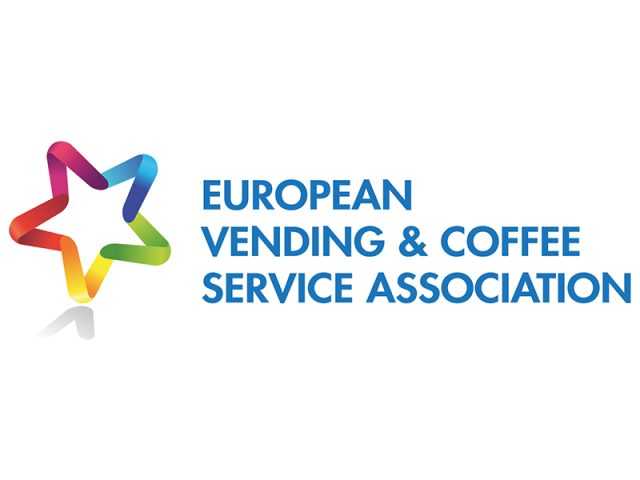BRUSSELS, Belgium – New energy consumption regulations enter into force on 1 March in the EU and in UK, which will see the least efficient refrigerated vending machines banned from being sold and requiring all new chilled machines to display an official energy label when sold. For the first time, refrigerated vending machines will have an official energy rating – similar to those already displayed on TVs and washing machines – and be required to display this for customers/operators, while complementary energy performance targets will progressively ban inefficient machines and continue the drive by vending manufacturers to make machines more sustainable.
The EVA withdrew its Energy Measurement Protocol (EMP) for refrigerated machines in July 2019 to help prepare the industry for the changes the new Regulations bring. The EMP, developed by EVA technical experts, enabled manufacturers to test and compare similar machines and has been credited with helping manufacturers introduce a raft of energy saving measures for more than a decade. The new Regulations and the official energy consumption standard EN 50597 go beyond this previous voluntary approach and introduce the most common refrigerated vending machines to stringent new targets and obligations.
While at the moment of its withdrawal the EMP often produced an unofficial energy rating from test results for refrigerated vending machines of ‘A’ or ‘A+’, the new official energy label (based on a A-G rating) will not permit any refrigerated vending machine to be better than a Class C at its introduction and has been designed so that most machines cannot be a Class A until at least 10 years from now. Due to the inherent design differences between e.g. a closed front machine versus a glass front machine, we know that different types of refrigerated machines will typically have different benchmark results. Indeed drum/carousel machines are not expected to achieve better than the lowest rating of Class G, while closed front can & bottle machines could for instance be rated D upon the label introduction.
This will have huge consequences for procurement with many governmental and institutional buying guides currently requiring machines rated Class B or better. This is simply no longer possible and any guides not updated will need to do so immediately. As manufacturers must enter all machine technical details and energy performance on a combined European product database – with part of this available publicly – the best performing machines will be able to be easily viewed.
Ecodesign not only places targets on energy efficiency of machines, but regulates a lot of ‘end of life’ measures, such as accessibility and replacement of parts. As of 1 March, manufacturers are required to make certain spare parts available for 8 years.
An important practical change is that operators as well as manufacturers must ensure that only authorised information is displayed for marketing and promotional purposes. Claims such as ‘Machine previously rated as class A++’ should absolutely not be promoted and could lead to enforcement measures.
The UK will introduce parallel Regulations imminently for the Great Britain (GB) market, but Northern Ireland will apply the EU Regulations, with the main visible difference in requirements being the flag on the label itself.
The EVA and its technical experts have been working with the EU Commission on these files since 2013 and we have published detailed guidance for members on how to comply with the new Regulations and complete the database.

















 CAPS: the new proprietary system using capsules made of 85% recycled aluminium
CAPS: the new proprietary system using capsules made of 85% recycled aluminium